Marisa Wojcik:
Activist judge. Judicial conservative. Legislating from the bench. These are all terms that Supreme Court candidates have been addressing for years. And this year's candidates are no exception. Sauk County Judge Michael Screnock and Milwaukee County Judge Rebecca Dallet are facing off in this Tuesday's spring election. And in preparation for that, Wisconsin Public Television has gone back through its archives and taken a look at how candidates from previous elections have responded to these same questions in this retrospect.
2008 candidate Michael Gableman identified himself as a judicial conservative.
Michael Gableman:
They have a choice between me, a judicial conservative and my opponent, a judicial activist.
Marisa Wojcik:
His opponent, Louis Butler, said he refused to use those terms in the campaign.
Louis Butler:
My judicial philosophy is simple. To uphold the Constitution and to hold all wrongdoers accountable, whoever they may be.
Marisa Wojcik:
In 2009, candidate Shirley Abrahamson spoke to her distaste for these labels.
Shirley Abrahamson:
Why do we need any labels? Just say I'll decide cases on the basis of the fact and law. No personal ideology.
Marisa Wojcik:
Her opponent, Randy Koschnick, self-identified as a judicial conservative and a strict constructionist.
Randy Koschnick:
When you are a strict constructionist, you look for the plain meaning of the text first. You don't read things into the Constitution that are not there and you don't ignore things that are there.
Marisa Wojcik:
2011 candidate David Prosser acknowledged that he was formerly partisan but he accused his opponent, JoAnne Kloppenberg, of withholding her own bias.
David Prosser:
How can JoAnne say that my role model is the chief justice, who is an activist judge by anyone's definition?
Marisa Wojcik:
2015 candidate James Daley accused his opponent Ann Walsh Bradley of being an activist judge.
James Daley:
An activist jurist places their own personal beliefs, their own agendas and their own political ideals into their decisions.
Ann Walsh Bradley:
We have a court that's a seven member court for a reason. They bring a diversity of opinion, a diversity of perspective so that we can have judgements and decisions that are well-balanced.
Marisa Wojcik:
Other topics, echoing from the past, that have appeared in this current race are attack ads, recusal and large financial contributions made to the candidates for this nonpartisan seat.
Search Episodes
Related Stories from PBS Wisconsin's Blog

Donate to sign up. Activate and sign in to Passport. It's that easy to help PBS Wisconsin serve your community through media that educates, inspires, and entertains.
Make your membership gift today
Only for new users: Activate Passport using your code or email address
Already a member?
Look up my account
Need some help? Go to FAQ or visit PBS Passport Help
Need help accessing PBS Wisconsin anywhere?

Online Access | Platform & Device Access | Cable or Satellite Access | Over-The-Air Access
Visit Access Guide
Need help accessing PBS Wisconsin anywhere?

Visit Our
Live TV Access Guide
Online AccessPlatform & Device Access
Cable or Satellite Access
Over-The-Air Access
Visit Access Guide
 Passport
Passport





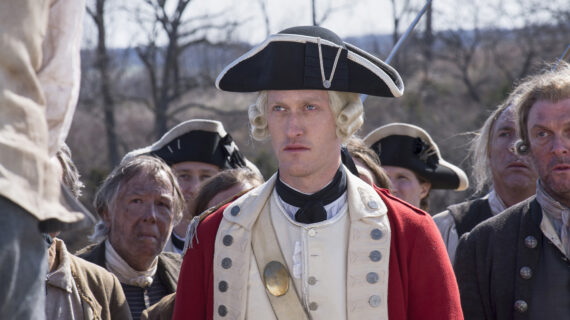
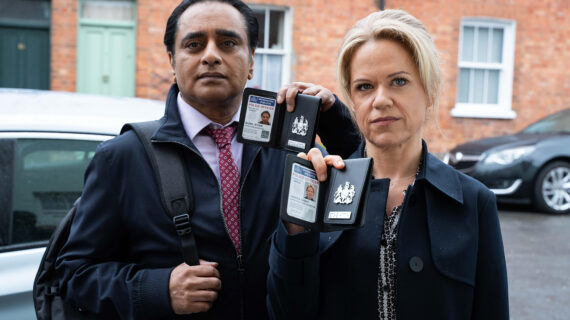
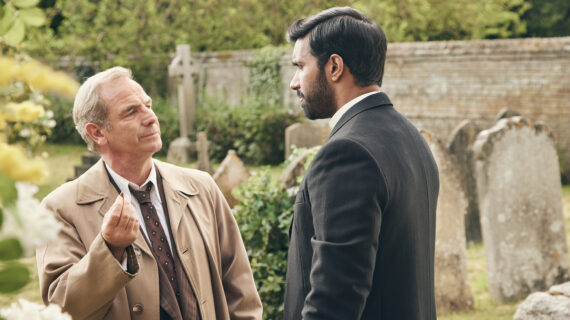
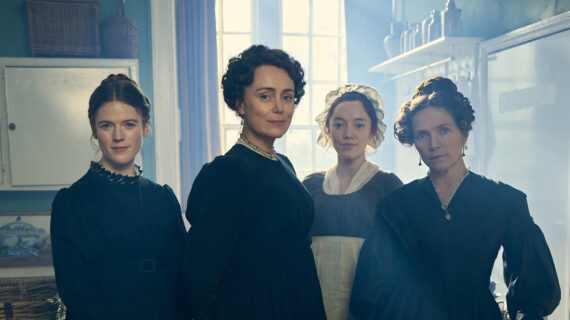

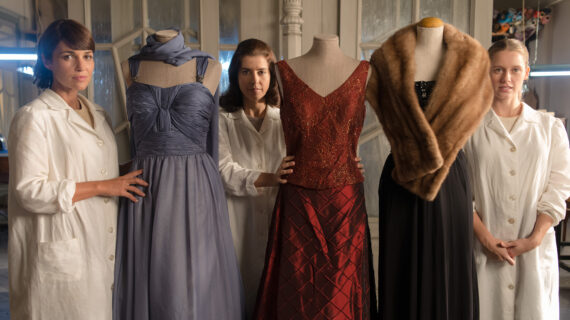


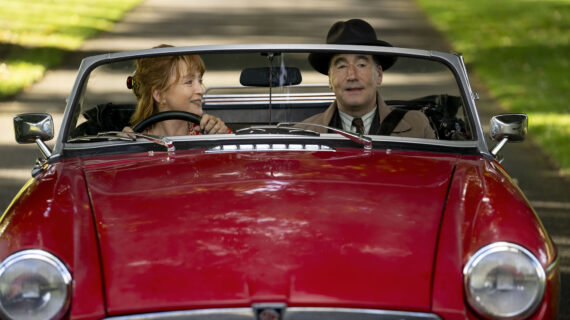
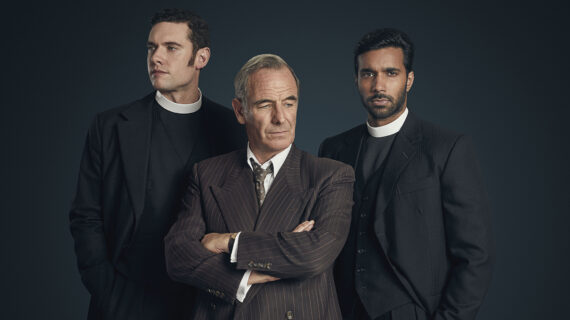
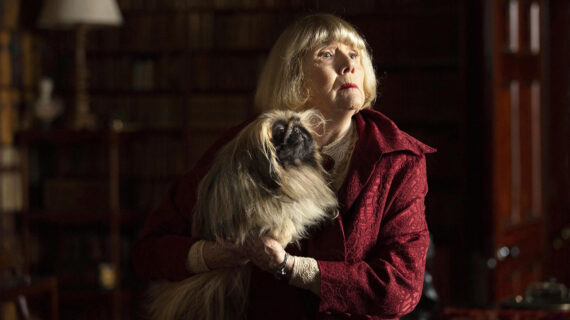

Follow Us